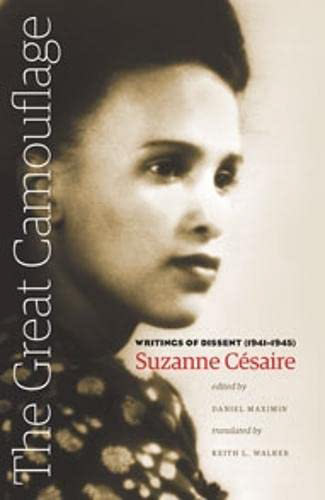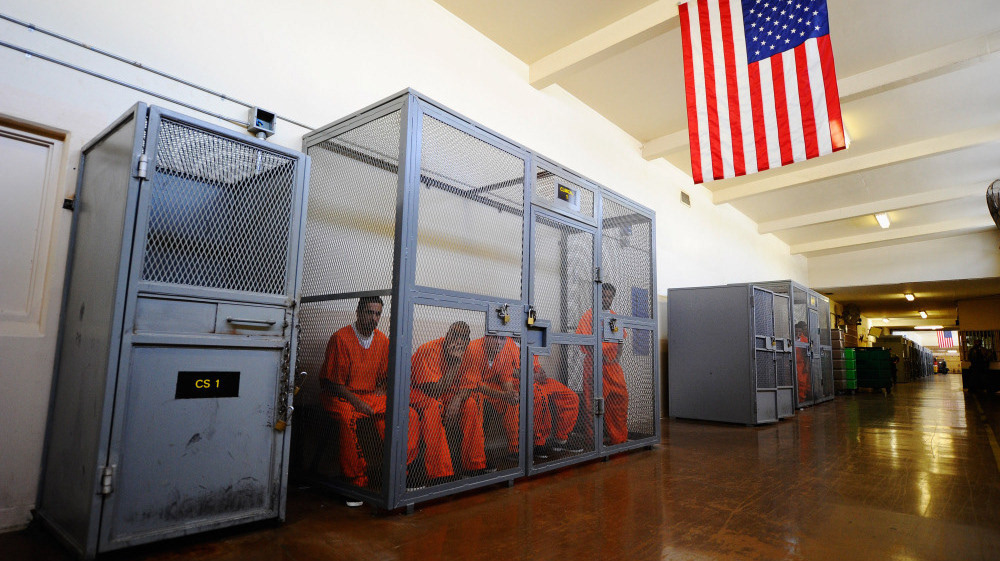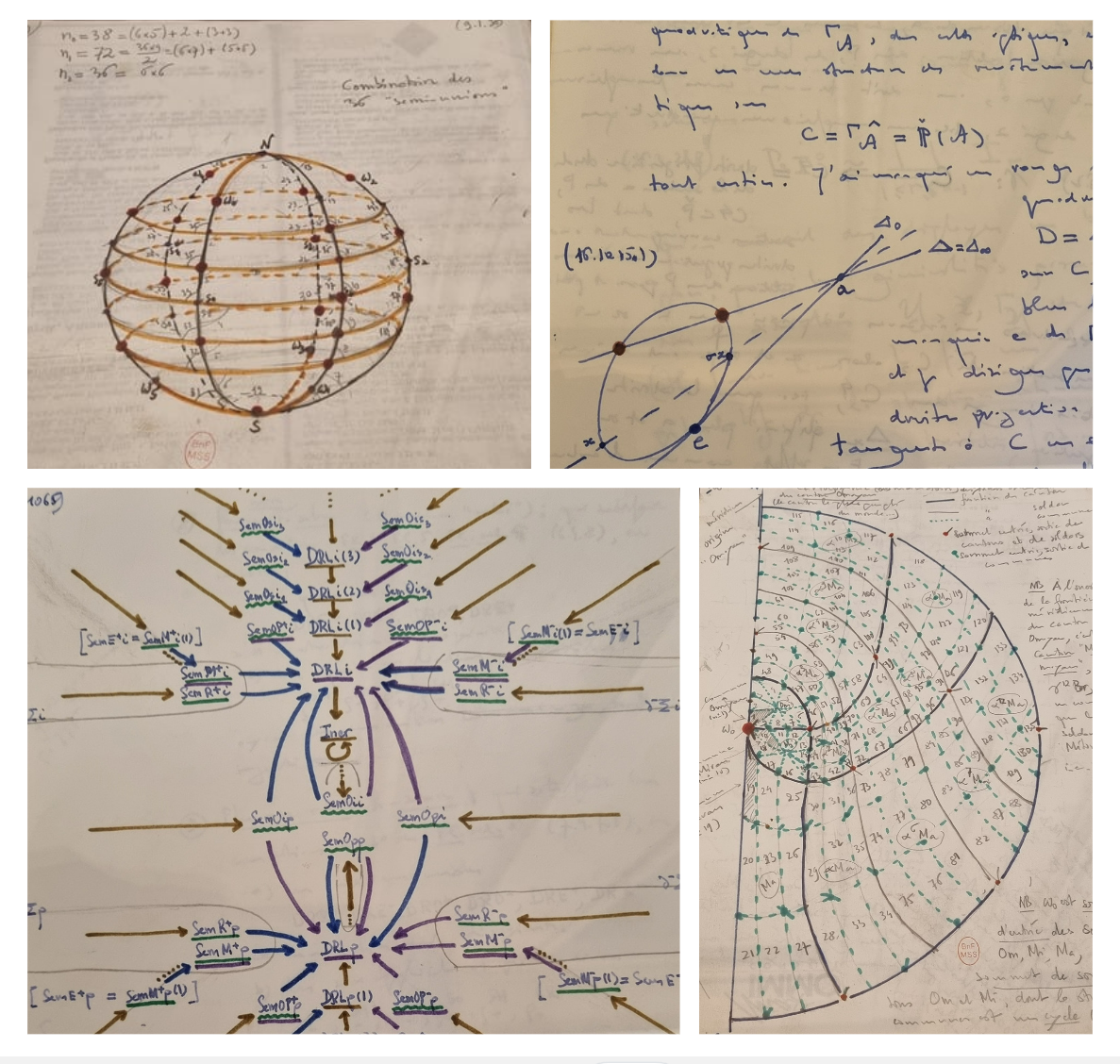Sedney Suarez Gordon is a Raizal from the archipelago of San Andrés, Providencia y Santa Catalina who works as a writer and translator of Creole and Spanish literatures. He is a Ph.D. student of Interdisciplinary Humanities at the University of California, Merced. He also holds an M.Sc. in Mathematics from the Universidad de Antioquia (Colombia).



Position/Philosophy:
My interests could be best described as the invariance transformations and the intersections
between the philosophy of contemporary mathematics, world literatures, and Caribbean studies.
Informed by these oceans of thought, I like to think of myself as a Creole Caribbeanist in the spirit
of Suzanne Césaire and Édouard Glissant—a mangrove human who insists on translating and
fostering radical love among waters through communal co-creation. Or, to translate: an engaged
mathematician as Lautman, Grothendieck, and Zalamea—committed to the fertile imagination of
promising worlds for humanity.
The average size of a prison cell in California is about 6 by 8 feet, which equals 48 square feet
(approximately 4.5 square meters). This standard is not homogeneous across the system. Every
facility and every instance of the carceral system deploys a differentiated understanding of space
on the body. This logic regulates the relationship that incarcerated subjects, and their communities
have with space. Lastly, producing an abstract relationship between humans and measures that
directly negatively impact multiple instances of their lives. Once examined, these interactions
reveal assumptions and conceptualizations of public space, social relationality, and humanism that
call for reflection and reform. In this project, I aim to explore how these conceptualizations an
assumptions of space functions as a tool of debilitation, deterrence, rehabilitation, and
incapacitation in the context California carceral system, and how, these forms of knowledge are
entwined to the state University complex, as a site of knowledge production, but also as a public
enterprise where space is administrated. To say, my role as a student of philosophy will be to help
comprehend how these arrayments, theories, and praxis in both Prisons and Universities overlap,
and how their entanglement feed and sustains societal understandings, fabrications, and
expectations regarding space and their public use. To do so, I will incorporate and co-create with
my fellow researchers and community, tools to understand and examine, and then renegotiate and
dismantle logics of confinement and isolation, using critical tools of philosophy, cartography,
geography and mathematics that could be used in the carceral system context or at the university
to elaborate on possibilities of encounter, healing and creation of humanitarian futurities